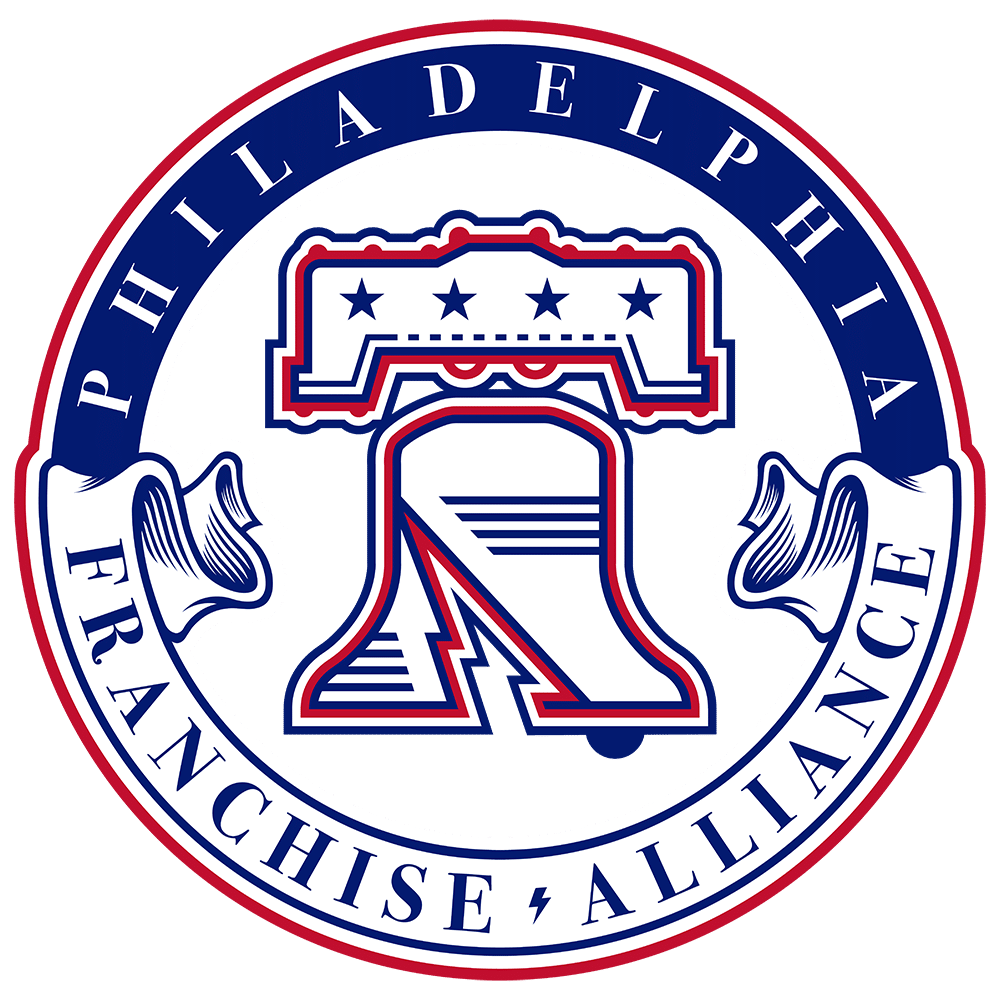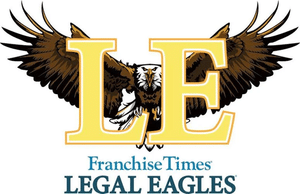Do You Really Have to Call it a Franchise?
The question is, does it matter what you legally call a business relationship? If all the key players get along and the details have been ironed out, agreed upon and signed on the dotted line, then it’s a business relationship in good standing, right? For example, your uncle owns a successful auto repair shop on the north side of town, and has been waiting for you, his nephew, to join the family business and open another garage just like it on the south side of town – same name, his good guidance, and of course he gets a smidgen of the profits but you finally get to become a business owner in the family. Your uncle wrote up a nice contract. You both signed it and celebrated. All of this is great news, except the part that is against the law. Knowingly or not – let’s say not because we like our two key players – they have created a franchise business relationship, which is regulated by state and federal laws and must be followed if the business is to be recognized as a business in good legal standing.
What Makes it a Franchise?
According to the Federal Trade Commission (FTC), a franchise is defined as the following:
- The franchisee (the nephew) will obtain the right to operate under the franchisor’s (the uncle’s) trademark, including offering services or products associated with that trademark.
- The franchisor has significant authority over how the franchisee runs the business and may offer support and guidance to the franchisee.
- The franchisee has paid the franchisor a minimum of $500 in the first six months for products, fees, support, etc.
If these three criteria are met, it doesn’t matter what name you give it, it’s a franchise. What’s the saying? If it looks like a duck and quacks like a duck?
As much as a business owner wants to expand his company without having to provide disclosure requirements or pay the costs of franchise development, if the above three criteria are in play – there is no getting around it. In addition, certain states have requirements and definitions of a franchise that may vary from the FTC definition. Ignoring your responsibility as a franchisor can be extremely costly in both federal and state penalties.
Other Options: Business Opportunities & Licensing Agreements
Now let’s say the uncle in this scenario does not wish to undertake the effort or cost of properly franchising his business. What are his options? First is to provide his nephew a business opportunity, or Biz-op. This means the second garage location will open without the family name. No shared trademark. The nephew may seek guidance from his uncle and share the profit, but any brand recognition that has been created over the last decade will be lost. Ask anyone who has ever opened a new business, getting the word out and building trust for a brand is not easy or immediate.
The second option is a licensing agreement. This one is tricky. In this scenario, the uncle gives his nephew access to the trademark, but neither of the two parties reap mutual benefits. The uncle won’t share in any of the profits of the new location, and the nephew won’t receive the guidance of his mentor uncle on how to run the business. If either of these two elements exist – profit sharing and support – alongside the trademark agreement, uncle and nephew wind up right back where they started with the franchise rule trifecta.
The best news for our key players is that franchising is an excellent growth vehicle, and once the foundation is built, further expansion will be less cumbersome. It comes down to this, when you embark on the journey of franchising your business, take the time and money to cross the legal T’s and regulatory I’s. Chances are you will enjoy the fruits of your labor for years to come.
Not sure how to get started? Contact the attorneys at Spadea Lignana for a free consultation.







